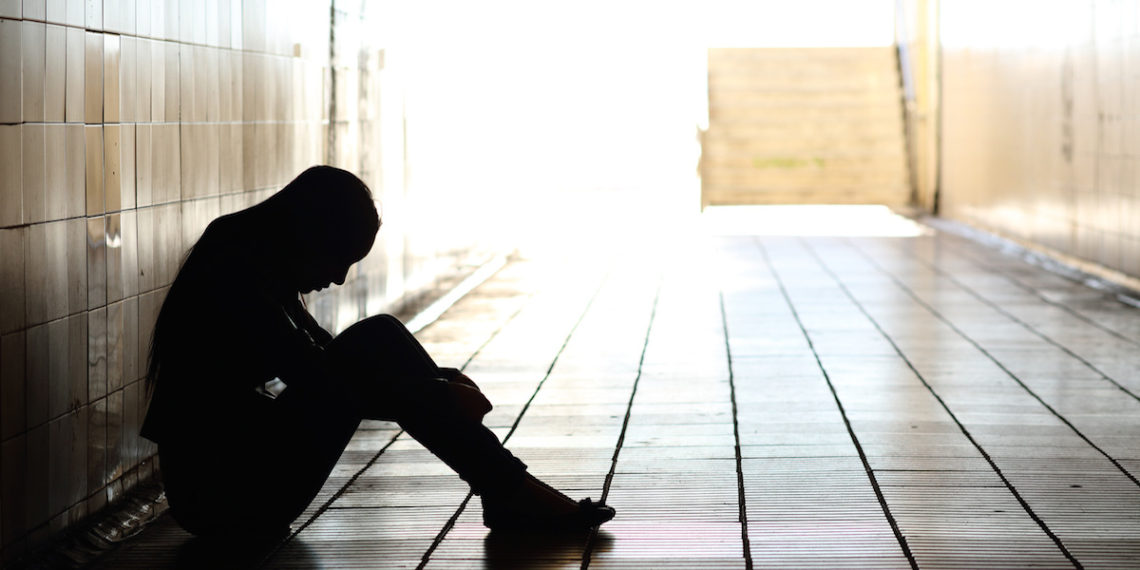
*The following is excerpted from an online article posted on PsychCentral.
U.K. researchers have discovered depression has different effects on the brain activity of male and female patients in certain brain regions.
In the study, investigators exposed depressed adolescents to happy or sad words while performing radiographic imaging. The discovery of gender-specific effects on brain activity suggests that adolescent girls and boys might experience depression differently and that sex-specific interventions could be beneficial for adolescents.
Men and women appear to suffer from depression differently, and this is particularly striking in adolescents. By 15 years of age, girls are twice as likely to suffer from depression as boys.
There are various possible reasons for this, including body image issues, hormonal fluctuations, and genetic factors, where girls are more at risk of inheriting depression.
However, differences between the sexes don’t just involve the risk of experiencing depression, but also how the disorder manifests and its consequences.
“Men are more liable to suffer from persistent depression, whereas in women depression tends to be more episodic,” said neuroscientist Dr. Jie-Yu Chuang, a researcher at the University of Cambridge and an author on the study.
“Compared with women, depressed men are also more likely to suffer serious consequences from their depression, such as substance abuse and suicide.”
Despite this, so far, most researchers have focused on depression in women, likely because it is more common.
This motivated Chuang and her colleagues to carry out this latest study, found in Frontiers in Psychiatry, to find differences between depressed men and women.
To do this, they recruited adolescent volunteers for the study, who were aged between 11 and 18 years.
Participants included 82 female and 24 male patients who suffered from depression, and 24 female and 10 male healthy volunteers. The researchers imaged the adolescents’ brains using magnetic resonance imaging, while flashing happy, sad, or neutral words on a screen in a specific order.
The volunteers pressed a button when certain types of words appeared and did not press the button when others appeared, and the researchers measured their brain activity throughout the experiment.
When the researchers flashed certain combinations of words on the screen, they noticed that depression affects brain activity differently between boys and girls in brain regions such as the supramarginal gyrus and posterior cingulate.
So, what do these results mean? “Our finding suggests that early in adolescence, depression might affect the brain differently between boys and girls,” Chuang said.
Source: PsychCentral
https://psychcentral.com/news/2017/07/12/teen-boys-girls-may-experience-depression-differently/123134.html
Source: Home Word






